Morgan Freeman has played Nelson Mandela, the US president (three times) and, of course, God. He is, as you would expect, thoughtful and humble. He even sports a grey beard. On Instagram his biog says: “That actor whose voice you recognise” – and, aged 86, he still talks like low, rumbling thunder.
Only one thing shocks me. And it’s not his two gold earrings. It is that, after years of trying, I’m finally talking to him. Freeman, the embodiment of 60 years of Hollywood history, has not given an interview in decades.
He is chatting to me from his home on the Alabama Gulf coast because of A Good Person, a film he has made with the young British star Florence Pugh. The reviews have been, shall we say, mixed – far from the peak Freeman of The Shawshank Redemption, Unforgiven, Glory, Invictus, Driving Miss Daisy, Seven and Million Dollar Baby. He plays Daniel, a former cop who suffers a tragedy and must bring up his granddaughter. Yet the melodrama has its tender moments, especially when Freeman and Pugh share a screen.
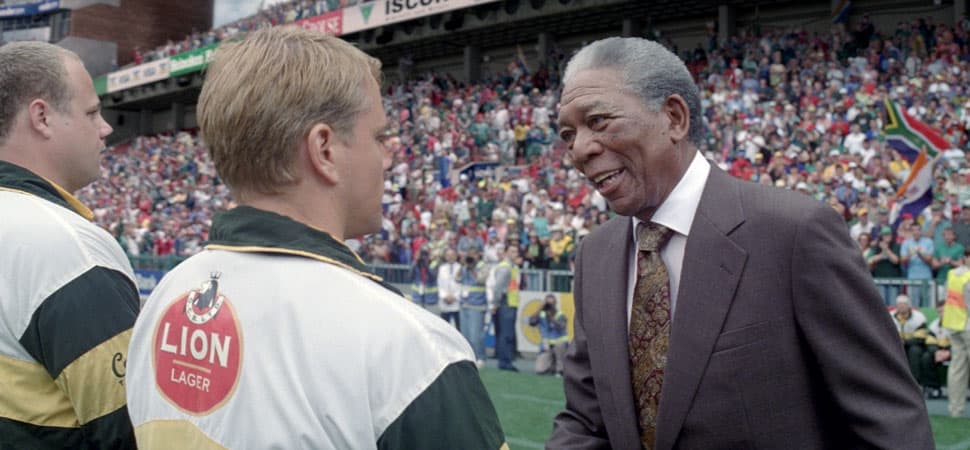
Morgan Freeman as Nelson Mandela in Invictus (2009) opposite Matt Damon, who played South African rugby player, Francois Pienaar.
It is, at least, Freeman’s 117th film. Nobody seems sure how many he has made. How does he pick them? “Sometimes you just work to pay the rent,” he says. Perhaps this is why he avoids interviews. Then he expands. “When my career started in film, I wanted to be a chameleon. I remember De Niro early on, doing very different parts. Almost unrecognisable as the same actor. I had opportunities like that. But as you mature in this business, eventually you become a star. Then you’re pretty screwed in terms of referring to yourself as a character actor. You play a lot of the same type of role – people hire you and say, ‘It’s you that I want.’ And you live with it.”
So these days he is hired as a star, rather than as an actor? “Exactly. I don’t think I’ve done much in the last 10 years that was much different. Driving Miss Daisy and Glory were different. Now? It’s just . . . me. The character will adapt itself to you rather than the other way round, so I do what piques my interest. Sometimes it’s just the money alone.”
Well, this is honest. In A Good Person Freeman is, you will not be surprised to learn, something of an old sage. But, because he doesn’t need more money, must he enjoy these samey parts? “Well, yeah, it’s what I do. Is that an answer? If I don’t do this, I don’t do anything. And if I don’t do anything I might as well lie down.” So, you don’t like being bored? “Hmm, boredom,” he ponders, smiling. “A job is the break in the boredom.”
He veers wildly from the dismissive to the profound. When I ask what he brings to his new role, he says that people read too much into preparing for a part. “Learn the lines and they will speak for the whole job,” he insists. “On Shawshank, actors felt they had to go into prison to find out what that’s like. Well, actually, you don’t.”
“The world does not promise you forgiveness. You have to try to live your life in such a way that you don’t need to be forgiven.”
– Morgan Freeman
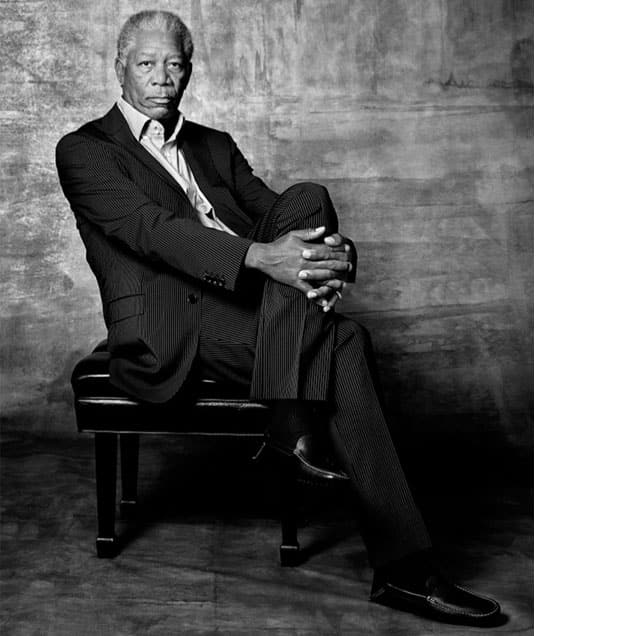
Then we talk about a line when his character Daniel says, “There are things that are impossible to forgive.” The film pushes the idea that the best aim in life is to simply be a good person. “Yes,” he says, taking his time. “The world does not promise you forgiveness. You have to try to live your life in such a way that you don’t need to be forgiven.” His voice cracks a bit. “Being thanked is much better than being forgiven.” No wonder people have cast him as God.
Freeman was born in Memphis, Tennessee in 1937 – one of four to his mother, Mamie, a teacher, and his father, Morgan, a barber. It was the era of segregation and his great-great-grandparents were slaves. He recalls his early childhood as being “hot summer days, running, dust and sweat”, before the family moved to Chicago when he was six. By 13 he knew he wanted to act and, after four years in the air force, started acting classes in Los Angeles in 1959. He had an acclaimed theatre career and four years on the children’s TV show The Electric Company before, finally, the Hollywood big time called in 1989. He was 52.
It must have taken guts to keep on going. “I agree,” he says. “But you meet people who say, ‘I always wanted to do that.’ But they didn’t because, if they did, it’s what they’d be doing.
“People ask, ‘What would you be doing if you didn’t make it?’ I don’t know. Driving a limo? But I would be in community theatre. I would be acting. But along with guts it also takes luck. You need courage and serious luck. I credit my career with both.”
He can also credit changes in America. His career started in the final stretch of the Hays Code – a censorship list of what films were allowed to show. It banned, among other things, “ridicule of the clergy” and interracial relationships. It was only dropped in 1968, when the civil rights movement was making it easier for black actors to be cast in roles that used to go only to white actors.
Read this interview in full in our Summer issue, available now in selected newsstands, WHSmith Travel, Selfridges and our online shop HERE.
Words: Jonathan Dean
Morgan Freeman’s studio pictures: Styling by Anna Roth; grooming by Therese Willis for Beauty & Photo; suit by Hugo Boss; shirt by Etro; Photo by Patrick Fraser/Corbis via Getty Images.
The Interview People/The Times









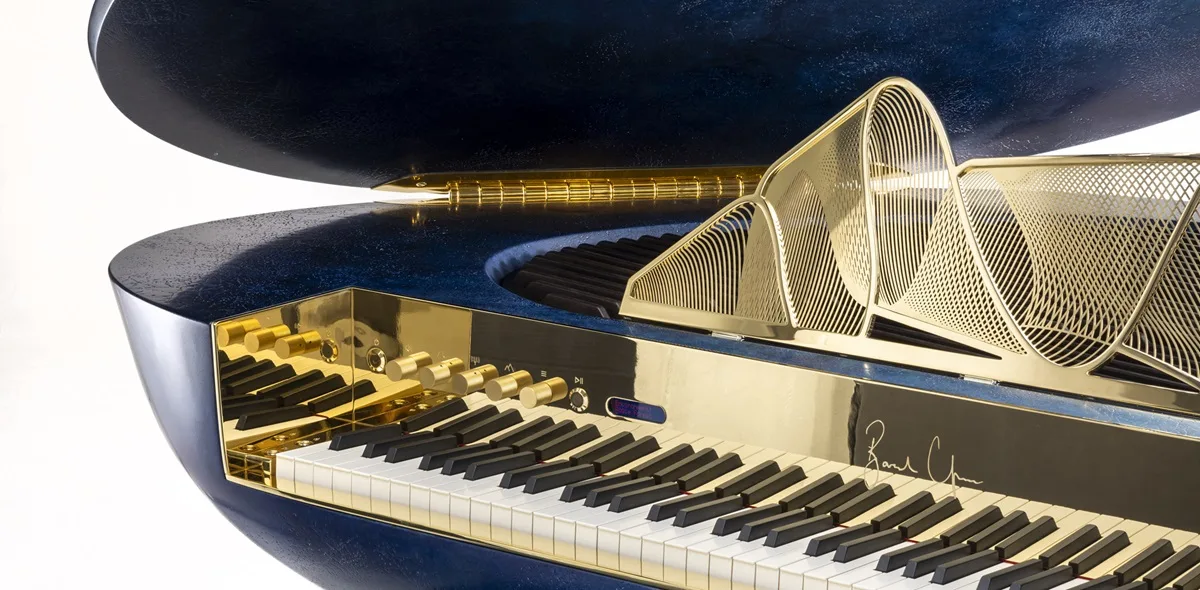
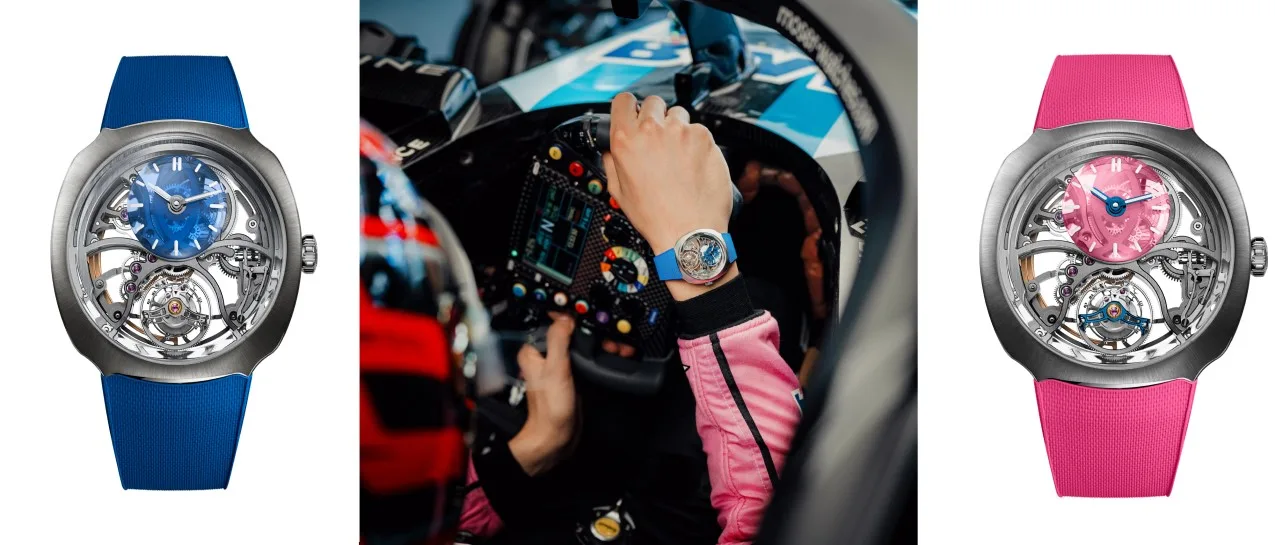

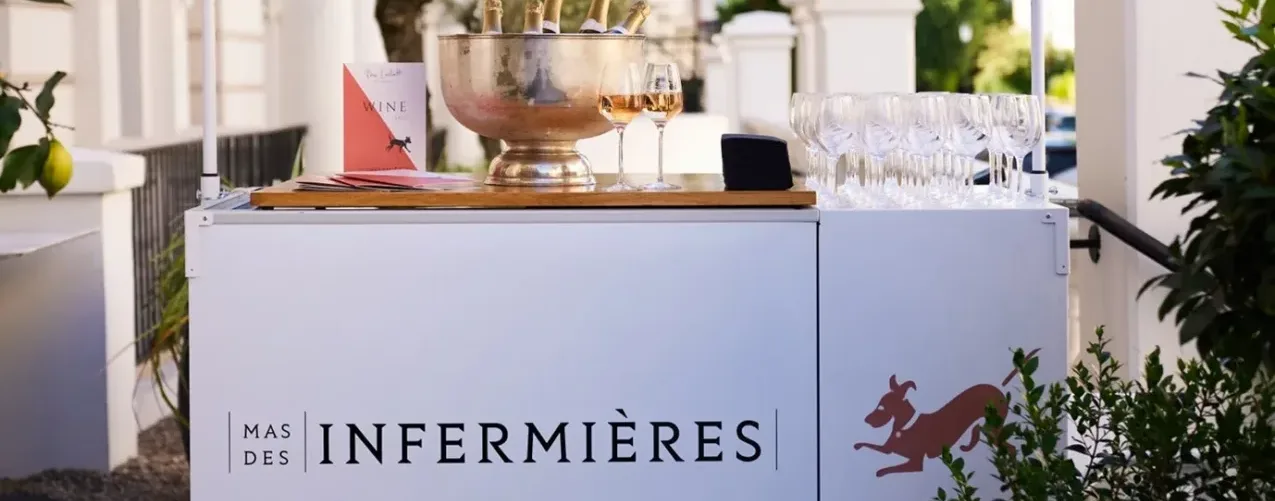

Show Comments +